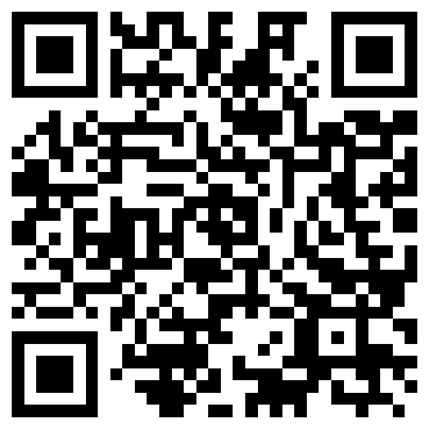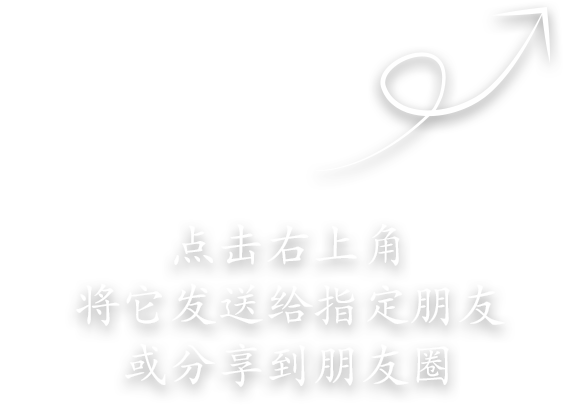The main content of study abroad services
- Study abroad planning
Assessment and positioning: Study abroad service agencies will first conduct a comprehensive assessment of students' academic background (including school grades, courses studied, standardized test scores, etc.), language proficiency (such as IELTS and TOEFL scores), interests and hobbies, career goals, etc. Based on these factors, determine suitable study abroad countries, schools, and majors for students. For example, for a student who excels in mathematics and physics and is interested in the field of engineering, schools with strong engineering majors such as the United States, Canada, or Germany may be recommended.
Time planning: Develop a detailed study abroad schedule, including when to prepare for language exams, when to apply to schools, when to apply for visas, etc. Taking the application for undergraduate programs in the United States as an example, it is generally recommended that students start preparing for standardized exams (such as SAT or ACT) 1-2 years in advance, submit their school application in the first semester of their senior year, and apply for visas in the spring of the following year.
Language training
Course offerings: Provide various types of training courses for different language exams such as IELTS, TOEFL, GRE, GMAT, etc. There are basic classes, intensive classes, sprint classes, etc. to meet the needs of students with different language levels. The basic class focuses on the explanation and consolidation of language basic knowledge, the strengthening class focuses on improving students' exam taking skills and language application abilities, and the sprint class is a simulated exam and key breakthrough for students who are about to take the exam.
Teaching staff: Excellent study abroad service agencies will hire experienced and qualified language teachers. These teachers are not only familiar with the content and question types of language exams, but also able to develop personalized teaching plans based on the characteristics of students. For example, for students with weaker oral skills, teachers will arrange more oral practice and one-on-one tutoring.
Background Enhancement
Academic background enhancement: including helping students participate in research projects, academic competitions, etc. For example, arranging students to participate in international mathematical modeling competitions, chemistry experiment competitions, etc., to enhance students' academic research abilities and innovative thinking. At the same time, academic paper writing guidance will be provided to assist students in publishing papers and increase their academic competitiveness.
Practical activity enhancement: Encourage students to participate in various social practice activities, such as volunteer service, international exchange programs, corporate internships, etc. For example, organizing students to volunteer at charitable organizations abroad, or recommending students for short-term internships at well-known companies to enrich their social experience and cross-cultural communication skills.
School application
Suggestion for school selection: Provide a detailed list of schools based on students' positioning and needs. Factors to consider include the school's overall ranking, major ranking, tuition fees, geographical location, campus culture, etc. For example, for students who enjoy bustling urban life, schools located in big cities such as New York and London would be recommended; For students who want to focus on academic research, they may recommend some small town schools with a strong academic atmosphere.
Writing guidance: This is a crucial step in school application. Study abroad service agencies will assist students in writing personal statements, recommendation letters, resumes, and other documents. The guiding teacher will delve into the highlights and characteristics of the students, so that the documents can highlight their personalities and strengths. For example, in a personal statement, by telling stories about students' growth experiences, the origins of academic interests, etc., attract the attention of admissions officers.
Application process assistance: Assist students in completing various stages of school application, including filling out application forms, submitting application materials, tracking application progress, etc. Ensure the completeness and accuracy of application materials, and avoid minor errors that may affect the application results.
Visa processing
Visa consultation: Provide detailed consultation for students and parents on visa types, visa requirements, visa processes, and other aspects. The visa policies of different countries vary greatly. For example, the interview process for study visas in the United States is more strict, while the electronic visa system in Australia is relatively convenient. Study abroad service agencies will provide targeted explanations based on the policies of the destination country.
Material preparation guidance: Help students prepare the necessary documents for their visa, such as passport, visa application form, admission letter, financial proof, language transcript, etc. At the same time, the authenticity and validity of the materials will be reviewed to ensure compliance with visa requirements.
Simulated Interview (if needed): For visa types that require an interview, such as US study visas, study abroad service agencies will provide simulated interview services for students. The training teacher will play the role of a visa officer, ask common questions, and provide feedback and guidance on students' answers to help them enhance their confidence and coping skills.
Preparation before departure
Accommodation arrangement: Help students choose suitable accommodation options, such as school dormitories, homestays, or off campus apartments. Provide an introduction to the advantages and disadvantages of different accommodation options, and recommend them based on students' budget and lifestyle habits. For example, for younger students who are studying abroad for the first time and hope to integrate into local family life, homestay is a good choice; For senior students with strong independence, off campus apartments may be more suitable.
Airline ticket booking and itinerary planning: Assist in booking airline tickets based on the school's start time and students' travel arrangements. At the same time, detailed pre departure itinerary planning will be provided, including preparation items before departure (such as luggage packing suggestions, necessary document carrying, etc.), transit precautions, and airport pick-up services upon arrival at the destination.
Cultural adaptation training: providing students with training on the culture, customs, laws and regulations of the destination country for studying abroad. Enable students to learn about local social etiquette, religious beliefs, and lifestyle habits in advance, helping them better adapt to overseas life. For example, in some countries, people have a strong sense of time and attending events on time is a basic social etiquette; In some religious countries, it is necessary to respect local religious taboos.









Please first Loginlater ~